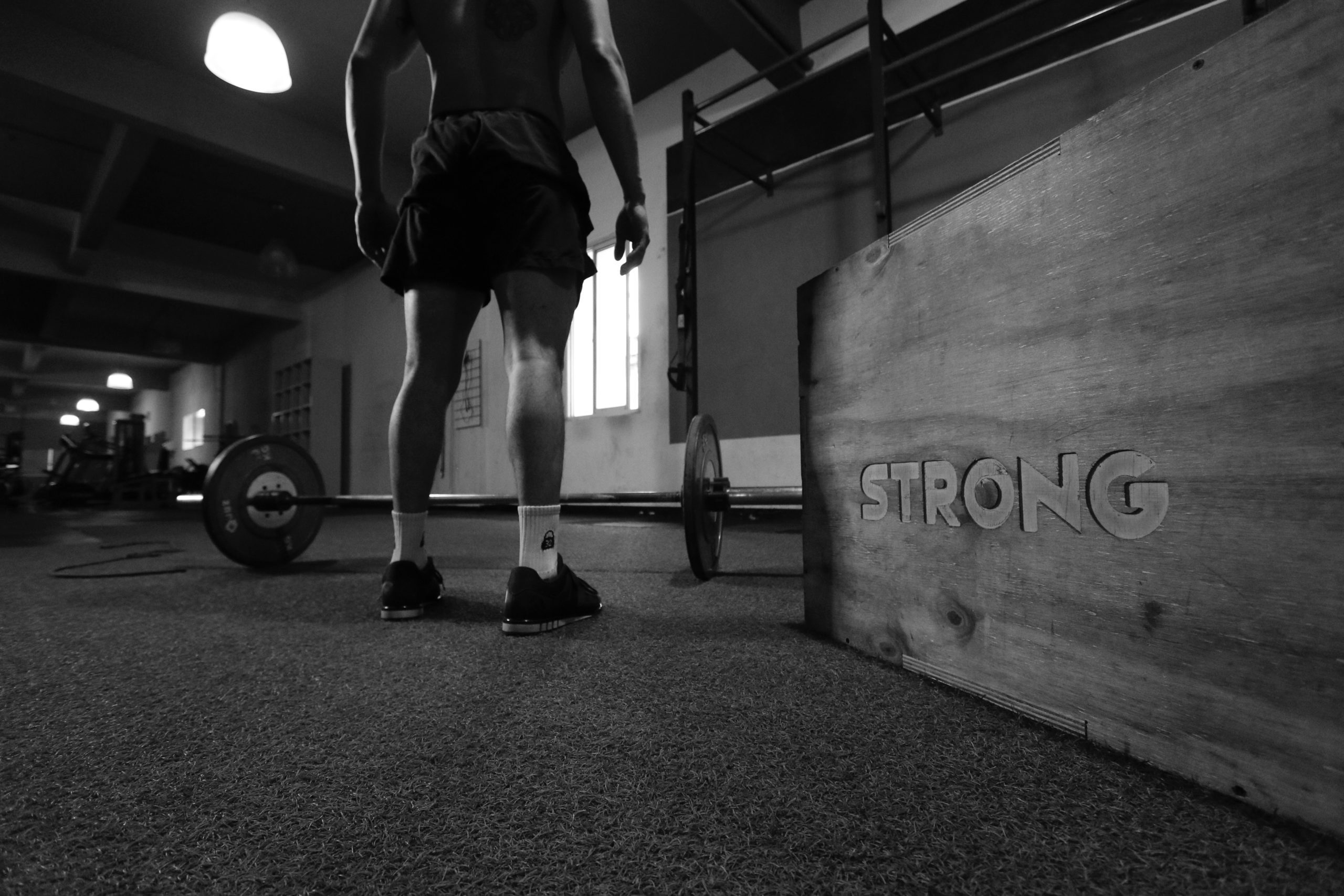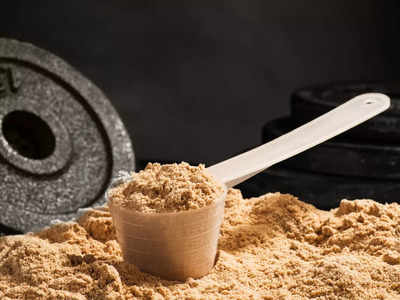What is deloading and why should we do it?
If you’re an athlete or fitness enthusiast, you’ve probably heard the term “deloading” before. But what is it, and why is it important? Deloading is essentially a planned period of reduced training intensity and volume, usually lasting about a week. It’s a chance for your body and mind to recover from the demands of regular training and competition, and it can have some major benefits for your performance.

Why is deloading important?
Here at M&FH we believe deloading is a must for optimal performance, as it promotes accelerated growth from your workouts. We’ve listed just a few reasons you should consider incorporating deloading into your training routine:
Avoiding burnout and overuse injuries
One of the main reasons to deload is to prevent burnout and overuse injuries. When you train hard on a consistent basis, your body takes a beating. Over time, this can lead to mental and physical exhaustion, which can negatively impact your performance. Deloading gives your body a chance to rest and recover, reducing the risk of burnout and overuse injuries.
Maintaining motivation and focus
In addition to the physical benefits of deloading, there are also psychological benefits. When you’re constantly pushing yourself to the limit, it can be easy to lose motivation and focus. Taking a break from training can help you recharge your batteries and come back to your workouts with renewed energy and focus.
Improving performance
Believe it or not, deloading can actually improve your performance in the long run. When you train consistently, your body adapts to the demands placed on it. While this is necessary for progress, it can also lead to a plateau in performance. Deloading allows your body to fully recover, which can lead to improved performance when you return to your regular training routine. You will often find you hit new peaks, PBs, and gains when you come back from a deload.
Maintaining proper form
As you fatigue during training, it can be tempting to cut corners and sacrifice form in order to complete the workout. This is especially true if you’re feeling burnt out or overwhelmed. Deloading gives you a chance to focus on maintaining proper form during your workouts, which can help prevent injury and improve your overall technique.
Reducing stress
In addition to the physical demands of training, there is also a mental component to consider. Training can be stressful, and it’s important to find ways to manage that stress in order to avoid burnout. Deloading can be a great way to reduce stress, as it allows you to take a break from the demands of training and competition.
How to deload
Now that you know why deloading is important, you may be wondering how to actually go about it. Here are a few tips to help you plan your deload week:
- Schedule it in advance: Deloading should be a planned and intentional part of your training routine. Make sure to schedule your deload week in advance so that you can properly prepare for it.
- Reduce volume and intensity: The main goal of deloading is to give your body a break from the demands of regular training. To do this, you’ll need to reduce both the volume (number of sets and reps) and intensity (weight lifted) of your workouts. A good rule of thumb is to reduce volume and intensity by about 50%.
- Keep moving: While it’s important to reduce the intensity and volume of your workouts, it’s still important to stay active during your deload week. Low-impact activities such as walking, yoga, and foam rolling can help maintain mobility and reduce the risk of injury.
- Don’t skip your warm-up: It’s tempting to cut corners during your deload week, but it’s important to maintain proper form and technique, even during a reduced training week. Make sure to still include a warm-up before your workouts, as it can help prevent injury and improve performance.
- Don’t neglect nutrition: Proper nutrition is crucial for recovery and optimal performance. Make sure to continue fueling your body with the necessary nutrients, even during your deload week. This can help support your body’s recovery and prepare you for your next training block.
- Be consistent: While it’s important to reduce the intensity and volume of your workouts during a deload week, it’s still important to maintain consistency. Try to stick to your regular training schedule as much as possible, as this can help you transition back to your regular routine more smoothly.
Famous proponents of deloading
In truth there are probably few bodybuilders who never deload – but outspoken proponents of deloading include
- Arnold Schwarzenegger – the legendary bodybuilder and actor, known for his iconic physique and dedication to training, discusses the importance of deloading and how to incorporate it into a training routine in his book “The New Encyclopedia of Modern Bodybuilding.”
- Jay Cutler – former professional bodybuilder and four-time Mr. Olympia winner. In an interview with Muscle & Fitness, Cutler stated that he incorporates deloading into his training routine every 8-12 weeks in order to allow his body to fully recover and prevent burnout.
- Dorian Yates – in an interview with Muscle & Fitness, Dorian Yates, retired professional bodybuilder and six-time Mr. Olympia winner, discussed how he incorporated deloading into his training routine in order to allow his body to recover and prevent overuse injuries.
- Phil Heath – professional bodybuilder and seven-time Mr. Olympia winner. In an interview with Bodybuilding.com, Heath discussed the importance of deloading and how he incorporates it into his training routine in order to improve his performance and prevent burnout.
- Kai Greene – professional bodybuilder and former Mr. Olympia runner-up. In an interview with Muscle & Strength, Greene discussed the importance of deloading and how he incorporates it into his training routine in order to prevent overtraining and allow his body to fully recover.
Conclusion
Deloading is an important part of any training routine, as it allows your body and mind to recover from the demands of regular training. By incorporating regular deload weeks into your routine, you can prevent burnout and overuse injuries, maintain motivation and focus, improve performance, maintain proper form, and reduce stress. Don’t be afraid to take a break and give your body the rest it needs – it will thank you in the long run!





